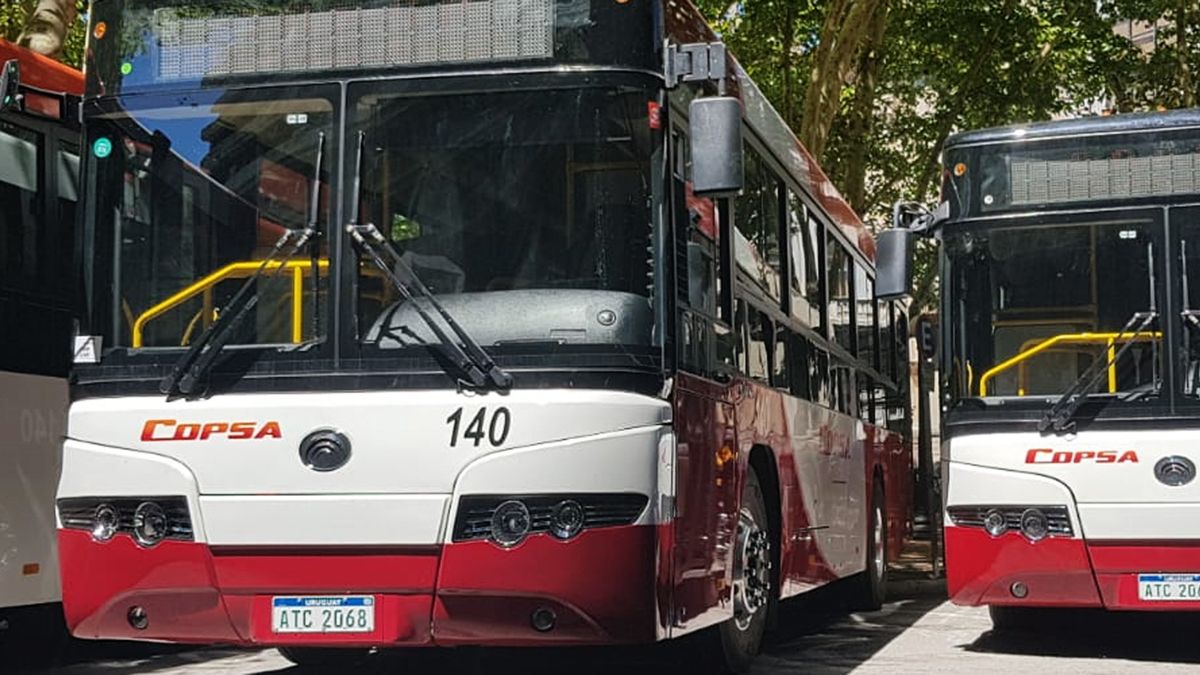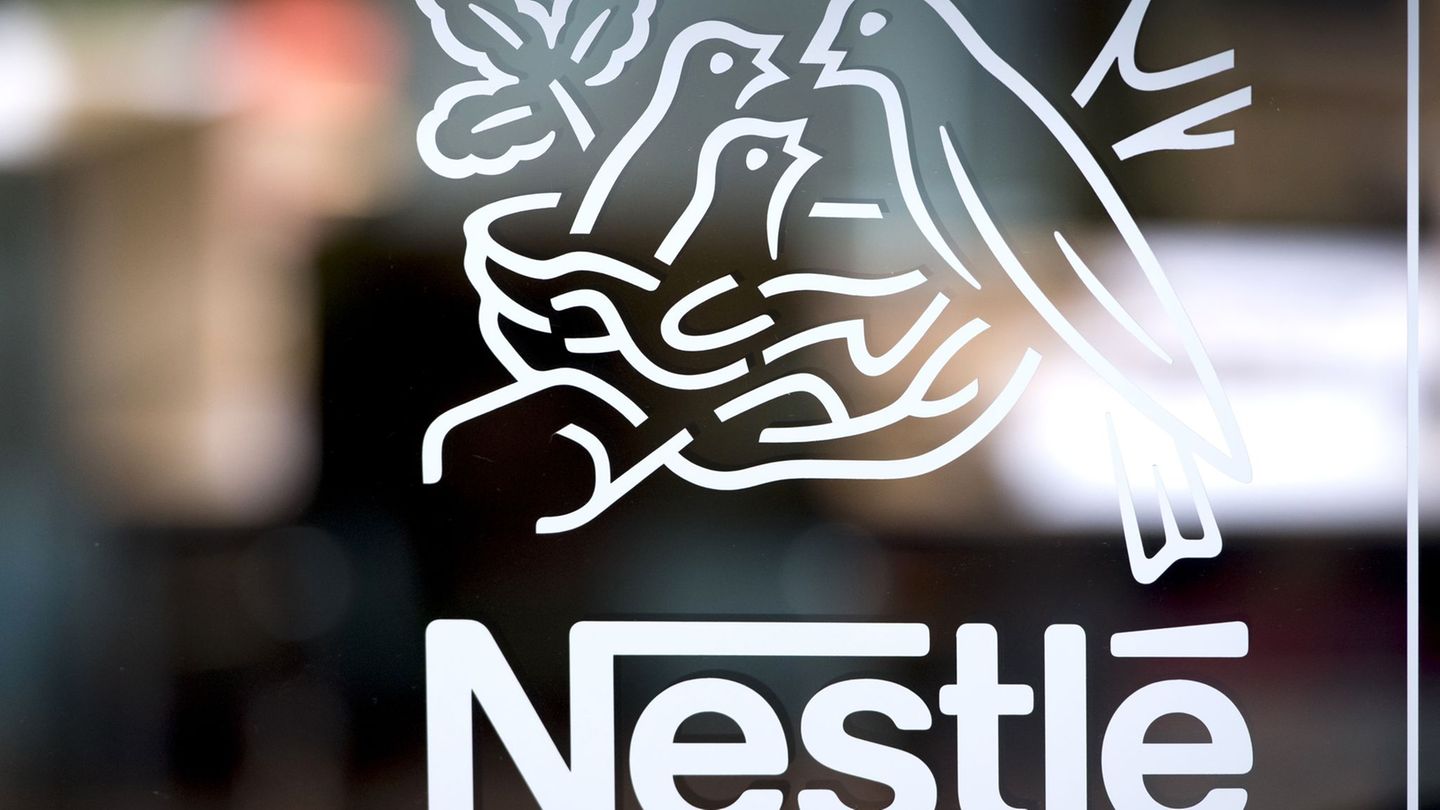The workers of Copsa nucleated in the National Union of Workers and Transport Workers (Unott) They lifted the strike that they had maintained since Wednesday due to the non-payment of their March salaries by the metropolitan transport company of Uruguay thanks to an agreement between it and the Ministry of Transportation and Public Works (MTOP). However, the underlying conflict in the sector is not resolved, and the government fears that the claims have electoral purposes.
The transport strike carried out by Copsa workers was lifted on Friday morning after the company and the MTOP will reach an agreement that will allow the payment of the remaining 30% of the March salaries owed. It remains pending for this that the Republic Bank (BROU) approve a bridge loan that makes it possible to comply with other obligations that also owe from at least 2021.
However, Unott warned that the conflict was “momentarily suspended,” but not resolved. While since Chamber of Metropolitan Transport Companies (Cestrame) They have already pointed out that the problem in the sector is not recent, but that they have been working at a loss for years.
Suspicions due to a conflict that revives in the middle of the campaign
As both workers and businessmen point out, the conflict and crisis in the suburban transportation sector is neither new nor recent. For this same reason, the government views the moment chosen to put the issue on the table with suspicion. As he knew Ambit, in the Executive they fear that there is something more than a exclusively financial problem behind the claim.
“The problems have been going on for a long time and solutions were being analyzed… but they generated this problem, oh coincidence, just a few months before the elections”, stated a government official. “It would seem that they want to pressure us from the political side, generating a conflict with the workers and harming users, but we are not going to give in: the problem belongs to the company,” he added in this regard.
Suburban transport companies demand the existence of a disadvantage with other companies that obtain subsidies crossed by its urban services, which generates a unfair competition, especially in a context of constant decline in ticket sales, the main source of income for CITA, UCOT, Coetc, Cutcsa, Copsa, Comesa, Tala Pando, EOSA and Casanova, that make up Cestrame
For the government, there is an intention to achieve solutions through political pressure at a sensitive time such as the months prior to a national election; and they fear that, although the conflict was temporarily resolved, it could arise again between now and October.
The companies’ accusations
These suspicions are supported not only by the temporal context of the conflict, but also by the direct responsibility that Cestrame made towards the MTOP regarding the critical situation that the sector is going through.
In this sense, the companies denounced “economic asphyxiation” by the portfolio led by José Luis Falerofrom the equalization of salaries with those of urban transport, which “implied a 50% increase in salary mass” that was never offset by income; to the excess of regulations that leaves “no room for maneuver for rationalize services when they see that their income does not compensate for their expenses.”
In return, they demanded solutions to this crisis from the Ministry: on the one hand, as a bridge or forward loan that would allow responding to urgent obligations; and, on the other, a long-term structure that makes it possible to balance the balance of income and expenses, preferably through a service subsidy.
Source: Ambito




